Dilpreet Kaur
2026-01-06
7 min read
11 Reliable SEO Services that Drive Scalable Business Growth
Growing a business online requires more than just having a website and hoping people will find it.
Read More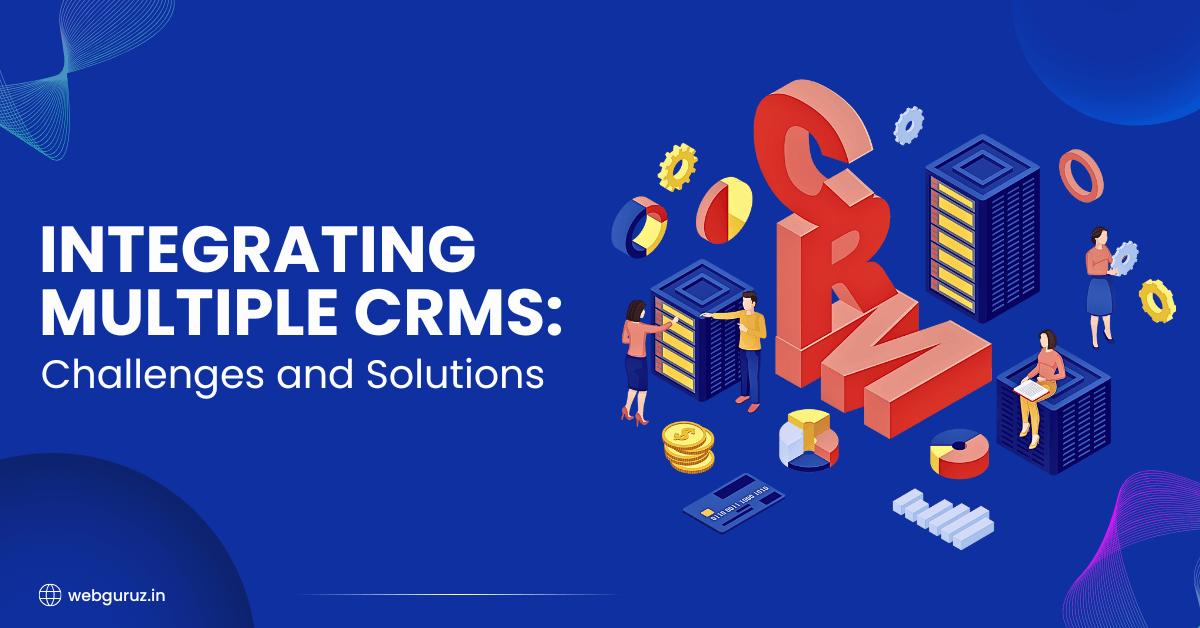
Have you ever felt like you’re juggling too many customer relationship management systems? You’re not alone. Many businesses find themselves using multiple CRMs as they grow, acquire other companies, or adapt to different departmental needs. While each CRM might serve a specific purpose, managing them all can quickly become a nightmare. That’s where professional HubSpot Consulting Services come into play.
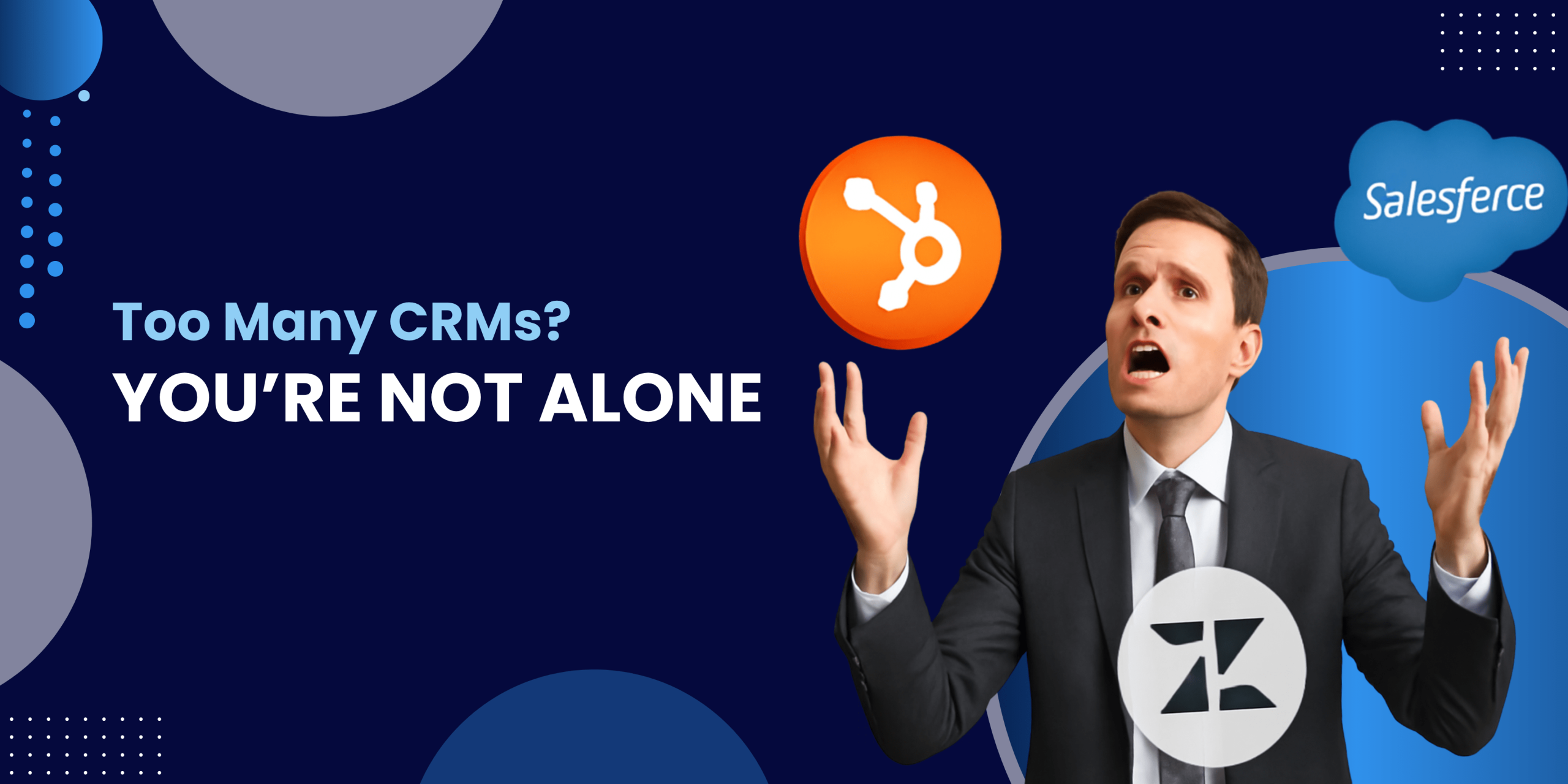
Today, we’re diving deep into the world of CRM integration. We’ll explore why businesses end up with multiple CRMs, the challenges this creates, and most importantly, how you can solve these issues with the right approach and expertise.
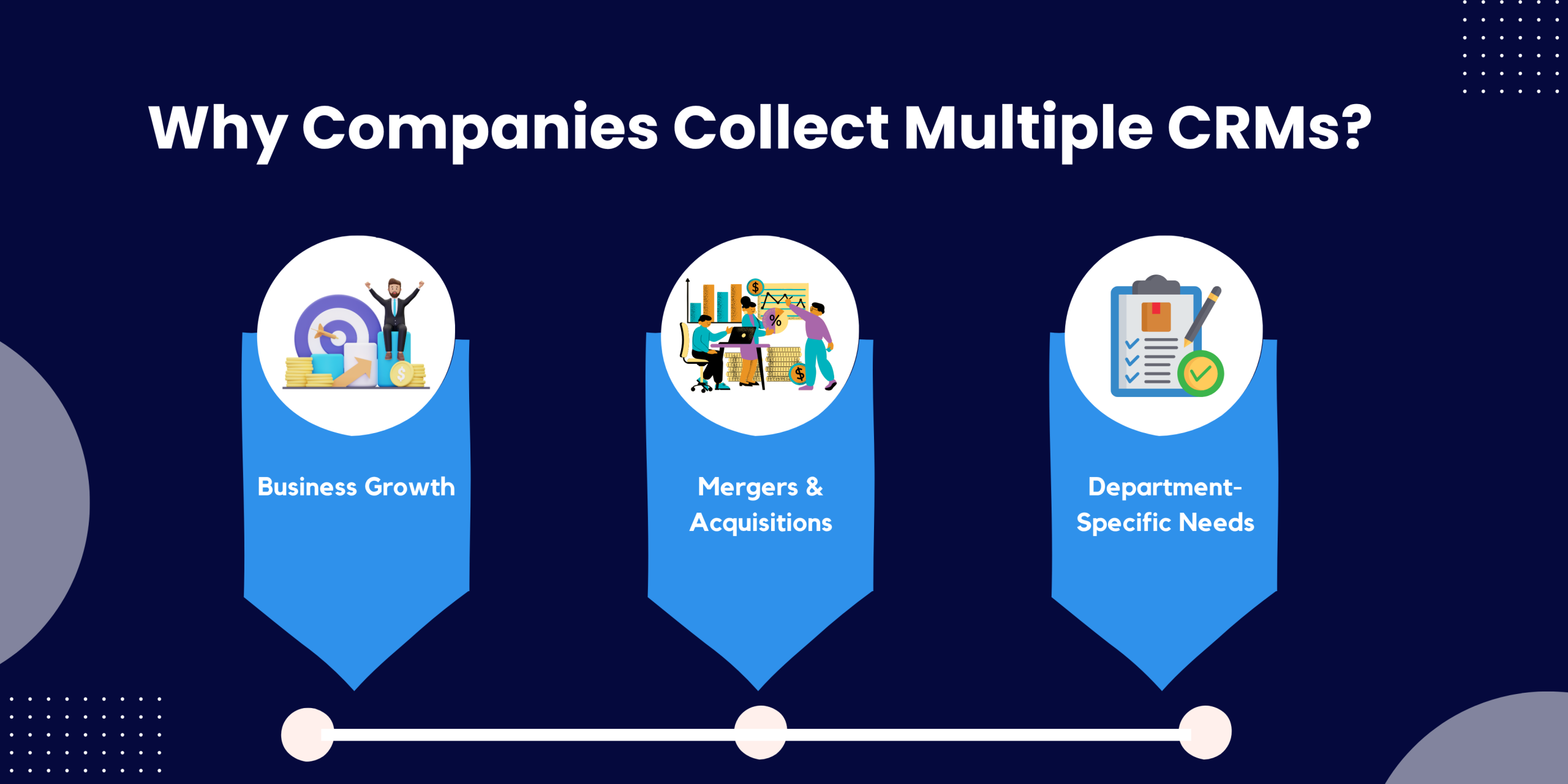
Let’s start with a common scenario. Your marketing team loves HubSpot, your sales team swears by Salesforce, and your customer service department can’t live without Zendesk. Sound familiar?
Companies often accumulate multiple CRM systems for perfectly valid reasons:
Company growth is a major factor. As businesses expand, departments might adopt different solutions tailored to their specific needs. What works for a five-person team might not scale well for fifty.
Mergers and acquisitions frequently result in technology overlap. When Company A buys Company B, it inherits all of Company B’s systems, including its CRM.
Specialized needs can drive the adoption of additional platforms. For example, a manufacturing company might need an industry‑specific CRM that handles complex product configurations, while still using a mainstream CRM for general sales.
According to research by MuleSoft, the average enterprise uses more than 900 different applications across their business. With numbers like that, it’s easy to see how multiple CRMs find their way into an organization.
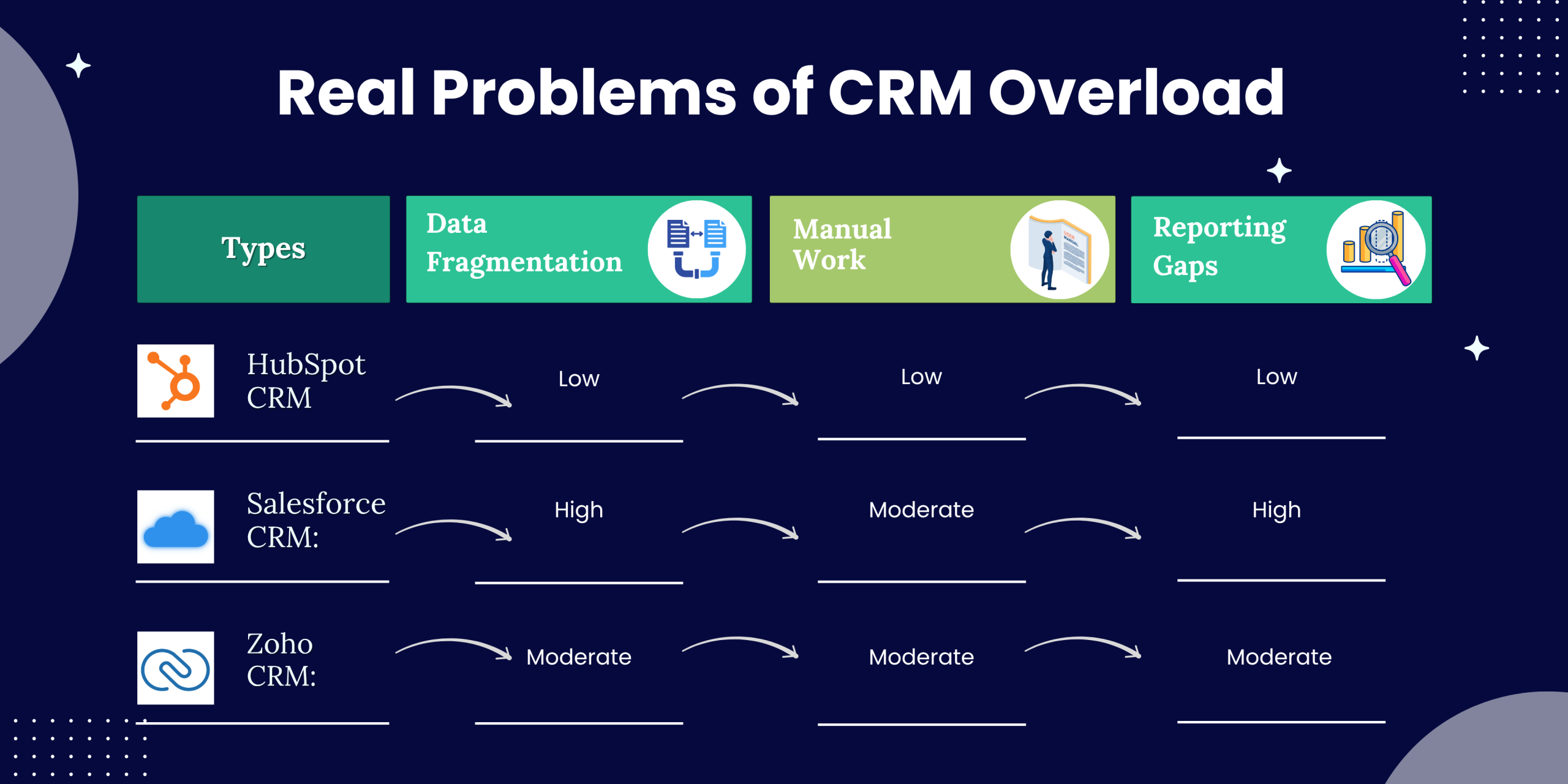
Running multiple CRM systems isn’t just inconvenient, it can seriously impact your business performance. Here are the major challenges businesses face:
When customer information lives in separate systems, you never have a complete picture. Sales might not see that a customer recently had a negative service experience. Marketing might send promotional emails to customers who have open complaints. This fragmentation leads to poor customer experience and missed opportunities.
A report by Forrester found that 72% of businesses cite “improving customer experience” as their top priority, yet fragmented data makes this nearly impossible to achieve.
Your team wastes precious time switching between platforms, manually transferring data, and trying to reconcile conflicting information. This reduces productivity and increases frustration.
Employees spend an average of 1.8 hours every day searching for information across different systems, according to McKinsey research. That’s nearly 25% of the workday!
Want to know your true customer acquisition cost? Good luck calculating that when your marketing data lives in one system and your sales data in another. Multiple CRMs make comprehensive reporting extremely difficult.
Maintaining multiple systems means paying for multiple licenses, training staff on different platforms, and often hiring specialists for each system. The financial impact goes beyond just subscription fees.
As you build workarounds and patches to connect disconnected systems, you accumulate technical debt that becomes increasingly difficult to manage over time.
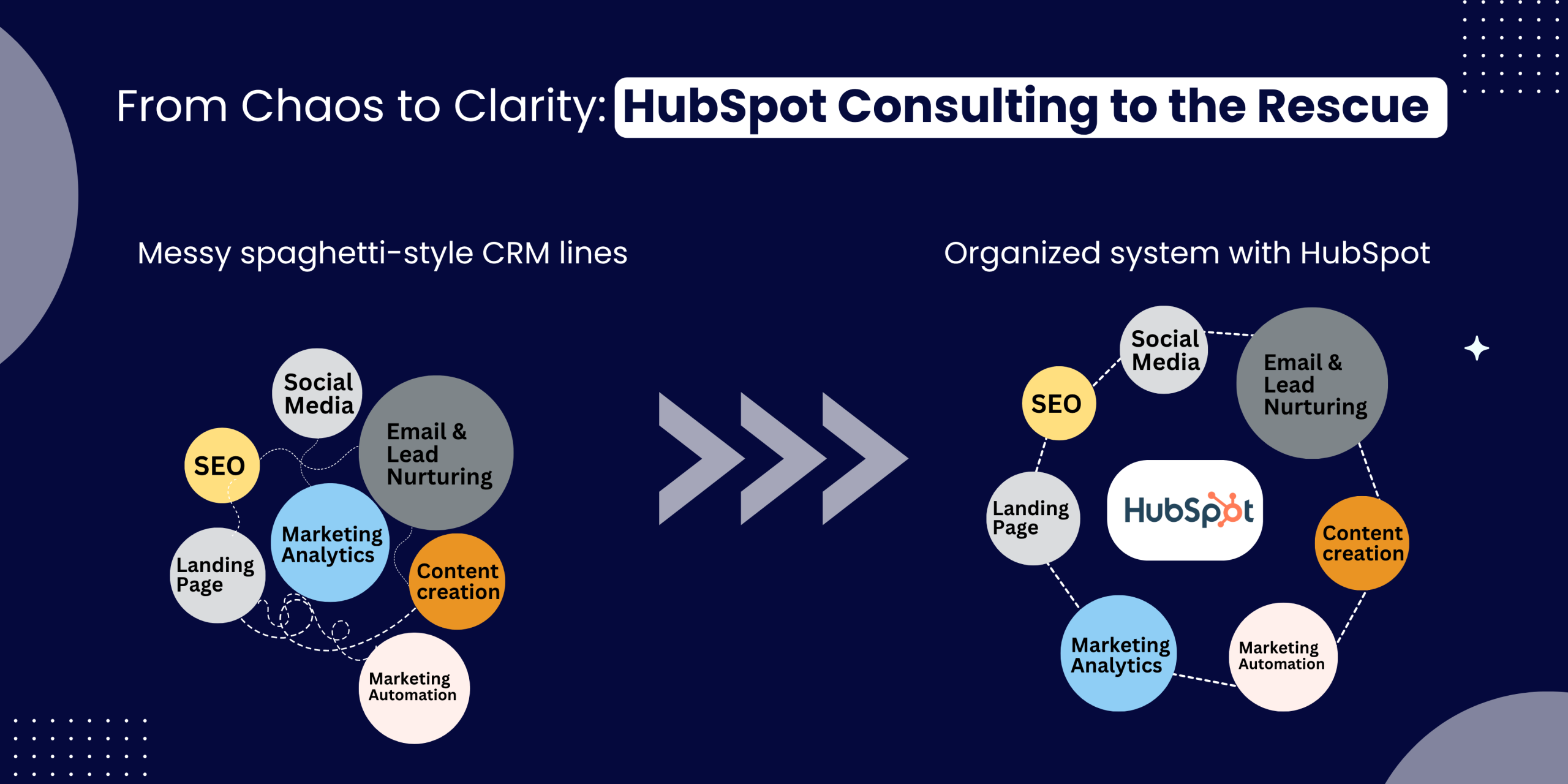
The good news is that these challenges can be overcome with the right approach. Here’s how professional HubSpot Consulting Services can transform your CRM chaos into a streamlined, efficient system:
Comprehensive CRM Assessment
Before making any changes, expert HubSpot consultants will conduct a thorough assessment of your current CRM ecosystem. This involves:
This assessment provides a clear picture of where you stand and what needs to change. A proper HubSpot consulting service will take the time to understand your unique business needs rather than pushing a one-size-fits-all solution.
Once the assessment is complete, consultants will develop a strategic plan for integrating your CRMs. This might involve:
Moving data between systems is one of the most challenging aspects of CRM integration. This is where specialized expertise in HubSpot CRM migration becomes invaluable.
HubSpot consulting professionals bring experience from dozens or hundreds of similar projects, allowing them to anticipate and avoid common pitfalls. They’ll ensure that:
Sometimes off-the-shelf integrations aren’t enough for complex business needs. In these cases, HubSpot consultants can develop custom solutions that:
One of the most powerful ways to improve efficiency is through automation. HubSpot automation services can transform manual processes into streamlined, automatic workflows.
For example, consultants might:
A study by Nucleus Research found that marketing automation drives a 14.5% increase in sales productivity and a 12.2% reduction in marketing overhead. HubSpot’s automation capabilities are particularly powerful when properly configured.
Even the best technical solution will fail if your team doesn’t adopt it. Professional HubSpot services include:
The work doesn’t end after implementation. Top HubSpot consulting services provide ongoing optimization through:
Not all HubSpot consulting services are created equal. Here’s what to look for when selecting a partner:
Look for consultants who have specific experience with your industry and the particular systems you’re using. Ask about their HubSpot certifications and how many similar integration projects they’ve completed.
The best consultants don’t just focus on technical implementation—they help with strategy, process improvement, and change management.
Ask potential partners to explain their approach to CRM integration. They should have a clear, structured methodology rather than an ad‑hoc approach.
Request case studies or references from clients with similar challenges to yours.
Understand what kind of support you’ll receive after implementation. Will they provide ongoing optimization and troubleshooting?

As we look ahead, several trends are shaping the future of CRM integration:
Modern CRMs are increasingly built with integration in mind, offering robust APIs that make connecting systems easier. HubSpot has been at the forefront of this movement, with an open platform that connects to hundreds of other applications.
AI is transforming how CRMs work together, automatically identifying patterns and suggesting optimizations across platforms.
CDPs are emerging as a layer above CRMs, specifically designed to unify customer data from multiple sources. Many HubSpot consulting services now include CDP implementation as part of their offering.
Managing multiple CRMs doesn’t have to be a permanent headache for your business. With the right strategy and expert support from HubSpot consulting services, you can transform disconnected systems into a cohesive, efficient customer management ecosystem.
The journey requires careful planning, expert HubSpot CRM migration, and thoughtful implementation of HubSpot automation services, but the results are well worth the investment. Businesses that successfully integrate their CRMs enjoy better customer experiences, more efficient operations, and deeper insights into their performance.
How long does it typically take to integrate multiple CRMs?
The timeline varies depending on the complexity of your systems and how much data you have. Simple integrations might take 4-6 weeks, while complex enterprise projects could take 3-6 months. A qualified HubSpot consulting service will provide a detailed timeline during the planning phase.
Can we keep using some of our existing CRMs alongside HubSpot?
Absolutely! The goal isn’t always to replace everything with HubSpot. Many businesses maintain specialized systems for specific functions while using HubSpot as their central platform. The key is ensuring proper integration between these systems.
How do we maintain data quality across integrated systems?
This is a critical consideration. Professional consultants will help you establish data governance policies, automated cleaning processes, and regular audits to ensure data remains consistent and accurate.
What’s the typical return on investment for CRM integration projects?
While the numbers vary by business, companies typically see ROI in the form of increased productivity (20-30% time savings for affected teams), improved customer retention (5-15% increase), and better marketing performance (10-25% improvement in conversion rates). Your HubSpot consulting partner should be able to help you calculate potential ROI based on your specific situation.
How can we ensure our team adopts the new integrated system?
Change management is crucial. Look for HubSpot services that include comprehensive training, clear documentation, and a phased implementation approach that gives your team time to adjust. Having internal champions who support the change can also make a big difference in adoption rates.
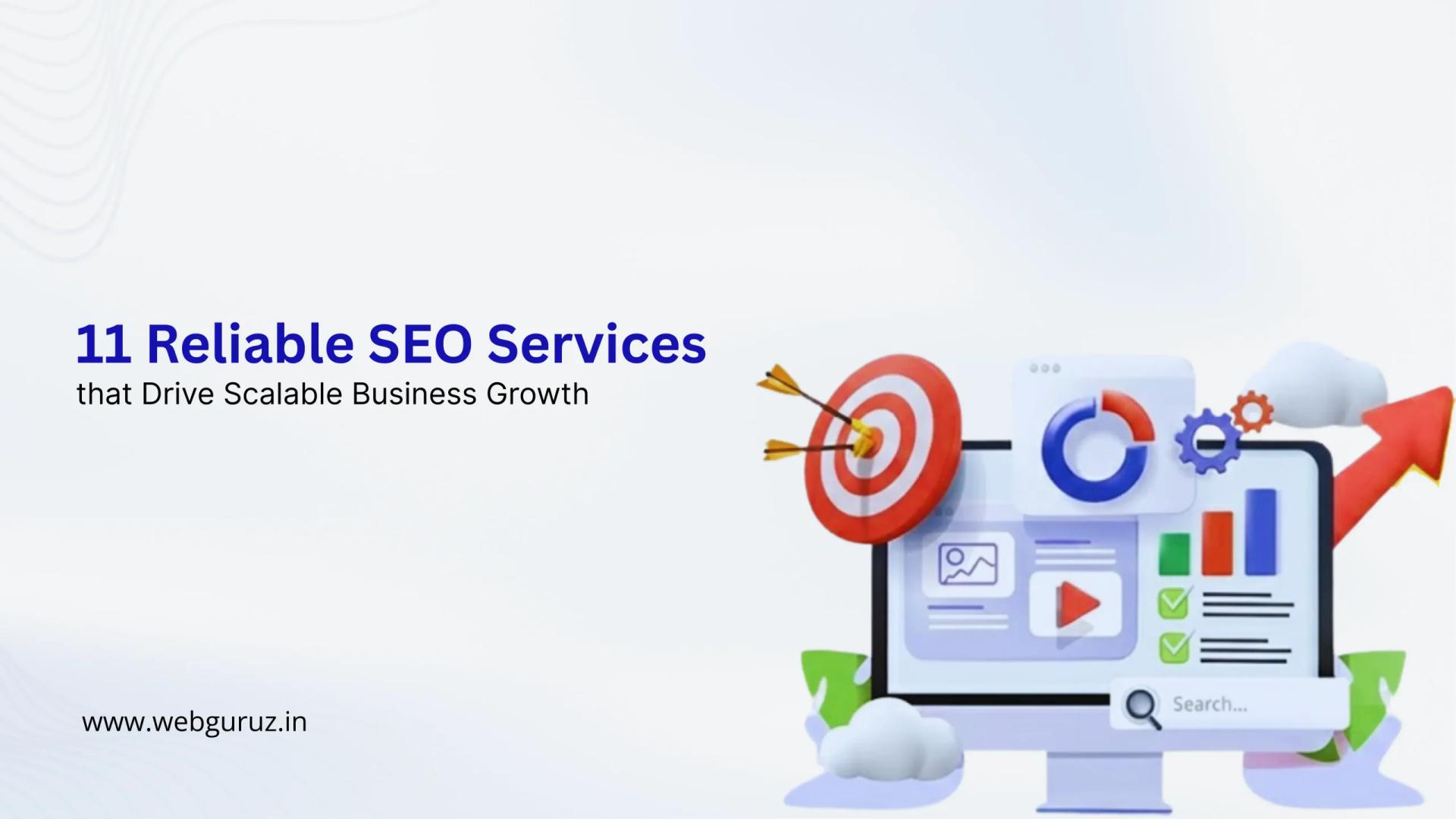
Dilpreet Kaur
2026-01-06
7 min read
Growing a business online requires more than just having a website and hoping people will find it.
Read More
Dilpreet Kaur
2026-01-02
7 min read
Revenue Operations, or RevOps, has become the backbone of how successful businesses operate today.
Read More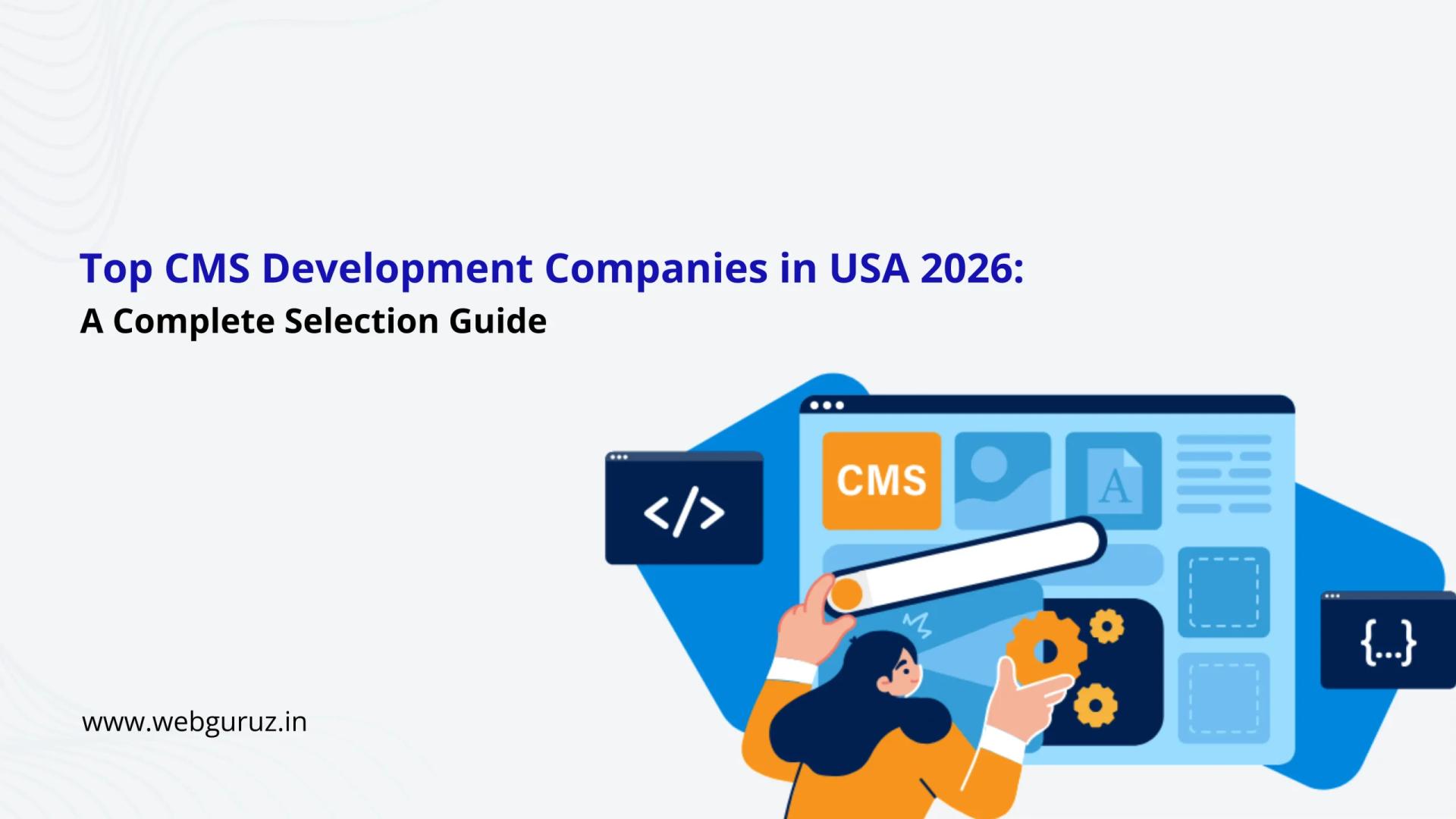
Dilpreet Kaur
2026-01-02
7 min read
Finding the right partner for your website isn’t like ordering pizza.
Read More